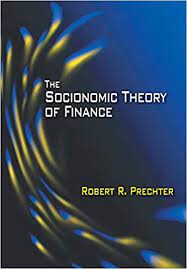
Robert Prechter – The Socionomic Theory of Finance
In this video, recorded at the 2014 International Federation of Technical Analysts Conference in London, Robert Prechter presents his most comprehensive and concise presentation of socionomics thus far.
Prechter challenges you to consider a radical new perspective on social and financial causality. The perspective will enable you to anticipate, understand and act on developing social trends that nearly all other investors and forecasters fail to see coming.
Discover a new perspective on what moves financial markets
Position yourself front and center of a record-setting audience. You’ll be at the 2014 International Federation of Technical Analysts Conference in London. In just 53 rapid-fire minutes, you will learn:
- A new way to think about cause and effect in finance, economics and history;
- To toss away myths about the markets; and
- Why it is critical to your finances and your overall wellbeing to do so
From the comfort of your favorite chair, watch Robert Prechter show how the field of finance differs radically from that of economics.
Prechter’s Socionomic Theory of Finance (STF) turns conventional wisdom about social behavior on its head. STF offers a better view: One that is more robust, more elegant, more logical, more defensible, and more useful.
First, Bob shows you a new perspective–a perspective that allows you to anticipate. Understand and act on developing social trends that nearly all other investors and social forecasters fail to see coming.
Also Get Robert Prechter – The Socionomic Theory of Finance on Traderknow.com
Then, Prechter gives you numerous examples of how real world data are inconsistent with the Efficient Market Hypothesis’s claim that social events regulate financial markets. You will observe example after example–from interest rates to so-called oil shocks to elections to inflation to peace and war–that show how these factors consistently fail to produce price moves in the stock market.
You will learn how most investors’ conventional understanding is not only flawed, but also dangerous, as it influences them to make the worst possible decisions at the worst possible times–such as buying real estate in 2007, gold in 2011 and oil in 2014. These were major ‘turning-point’ years where it literally paid to go against the herd. Yet a small minority of investors were able to anticipate these “surprise” trend changes in time to take advantage of them. Now you can too.
STF posits that waves of social mood, not events and external conditions, determine trends in stock prices. Prechter offers a fresh perspective on how social changes occur throughout the world, from popular culture to geopolitics to, yes, stock prices, which are actually all results, not causes, of trends in social mood. As a result, you too will be equipped to spot these trends as Prechter does, separate yourself from the herd and prepare your family, your portfolio and your business to sidestep significant risks and capitalize on significant opportunities.
Also Get Robert Prechter – The Socionomic Theory of Finance on Traderknow.com
Visit more course: BOND – STOCK TRADING
Some BOND – STOCK course: Djellala – Training by Ebooks (PDF Files), Also StratagemTrade – Rolling Thunder: The Ultimate Hedging Technique. Also Tom K. eloyd – Successful Stock Signals for Traders and Portfolio Managers: Integrating. Also Daniel T.Ferrera Llewelyn James Martin Armstrong investorsunderground
Visit more course: FOREX TRADING COURSE
Some FX course: Bill Williams Eduard Altmann SMB Simpler Trading Van Tharp Atlas Api Training Trading Template Sunil Mangwani Sunil Mangwani Frank Paul . Also Market Delta Tradingacademy Simplertrading Urbanforex. Also Candlechartscom Dan Sheridan Pipsociety Atlas Api Training TopTradeTools Todd Mitchell Jerry Singh OpenTrader Alexandertrading Daytradingzones . wyckoffanalytics Simplertrading
Available at traderknow.com
Please contact email: [email protected] If you have any question.
Course Features
- Lectures 0
- Quizzes 0
- Duration 50 hours
- Skill level All levels
- Language English
- Students 68
- Assessments Yes


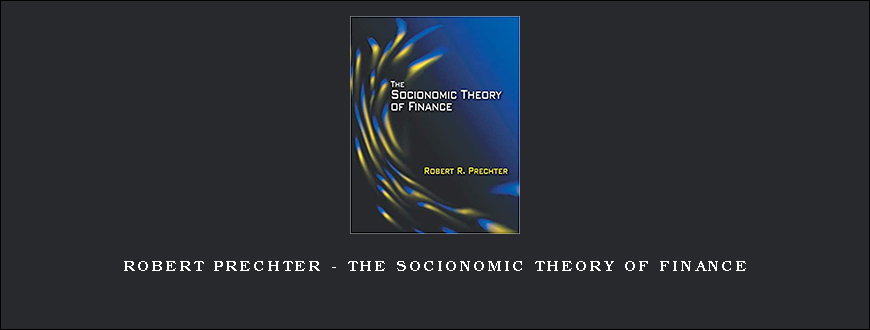
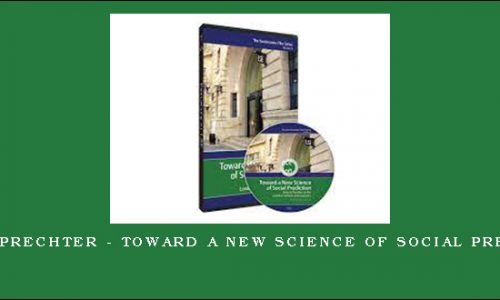


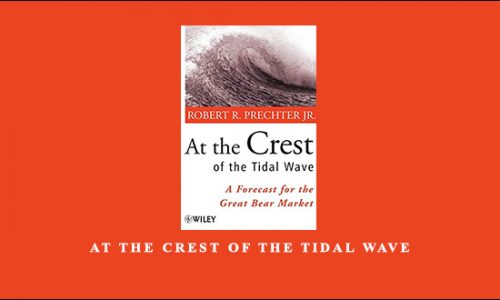
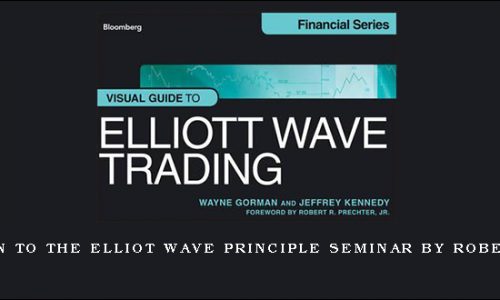
![Robert-Prechter-Trading-The-Elliott-Wave-Indicator-2003-1-MP4-1.jpg Robert Prechter – Trading The Elliott Wave Indicator (2003) [1 MP4]](https://traderknow.net/wp-content/uploads/2021/02/Robert-Prechter-Trading-The-Elliott-Wave-Indicator-2003-1-MP4-1-500x300.jpg)